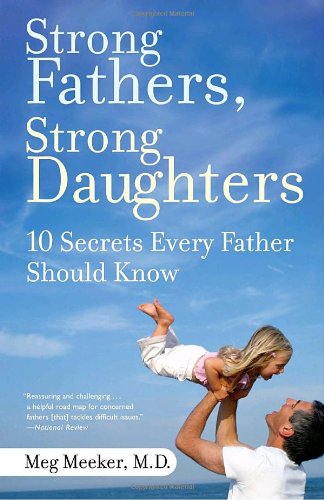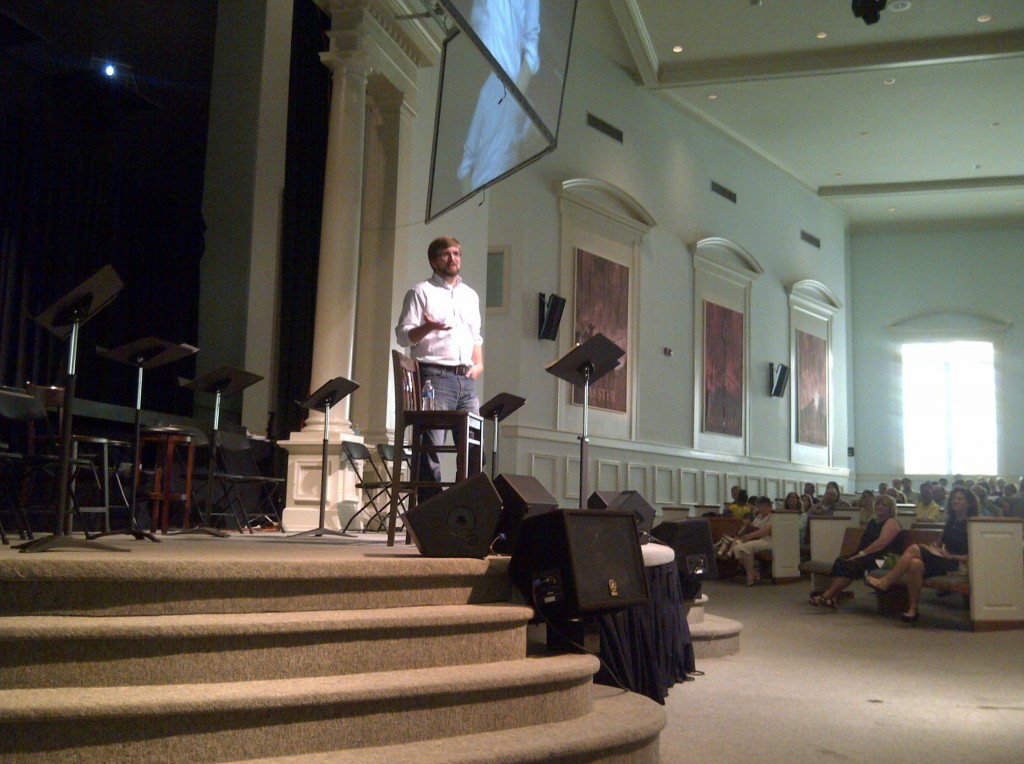 Dad’s beware: Reading this book will likely provoke anger, shock, shame, guilt, and fear. There are stats and eye-opening realities that the author presents suggesting the current and future perils our daughters will face in the world. For this reason alone, dad’s need to read what Meg Meeker has written. Yes, it’s a shock to the system, but that is sorely needed. While this is a book catered to dad’s with daughters, I think it’s a book that all parents need to read.
Dad’s beware: Reading this book will likely provoke anger, shock, shame, guilt, and fear. There are stats and eye-opening realities that the author presents suggesting the current and future perils our daughters will face in the world. For this reason alone, dad’s need to read what Meg Meeker has written. Yes, it’s a shock to the system, but that is sorely needed. While this is a book catered to dad’s with daughters, I think it’s a book that all parents need to read.
Some of material Dr. Meeker talks through is in regard to relationships, not only between dad’s and daughters, but also between daughters and boyfriends. Parents of all boys would be wise to read this because of the unique insights into the needs of young women. It takes a village to raise a child, and by engaging with our boys we will be setting up the girls to be treated respectfully and decently.
One thing I did notice about the book that seemed a bit heavy handed was the sole emphasis on the role of the dad in the daughters life as the most important parental relationship. While this may have been done intentionally to get through the “thick heads” of many men, it does leave a gap as to the importance of mom in the parental relationship. I don’t think Dr. Meeker would say that the mom isn’t important, but it’s omission was notable. This will undoubtably be offensive to some, but does not discredit the overall merit of the book.
I appreciate Dr. Meeker’s call to action, specifically to make dad’s aware of the overwhelming need of their presence in their daughter’s lives. Being engaged with their daughter is likely something already overwhelming for dad’s (at times, I feel this way with my daughter), which is why this point is made over and over again throughout the book. I agree with the reality that daughters need their dad’s to be present and to show up with them. Too often I hear of grown women lament their dad’s absence as a key factor in their lack of self-esteem, self-worth, and self-image.
This is a must read for all dad’s with daughters, regardless of their age. The stories she shares really help to bring home the heart of her writings, which was extremely helpful as a reader to put flesh on the ideas she presents.



